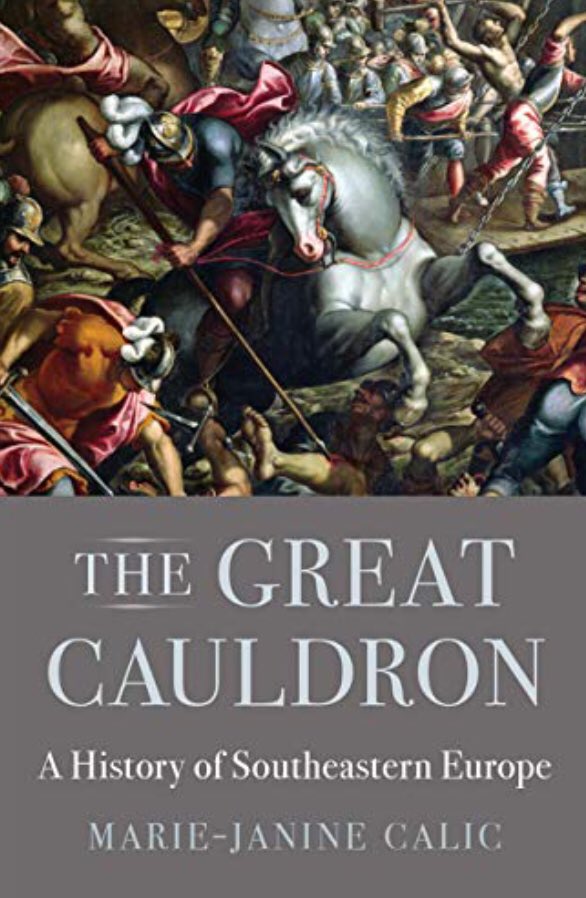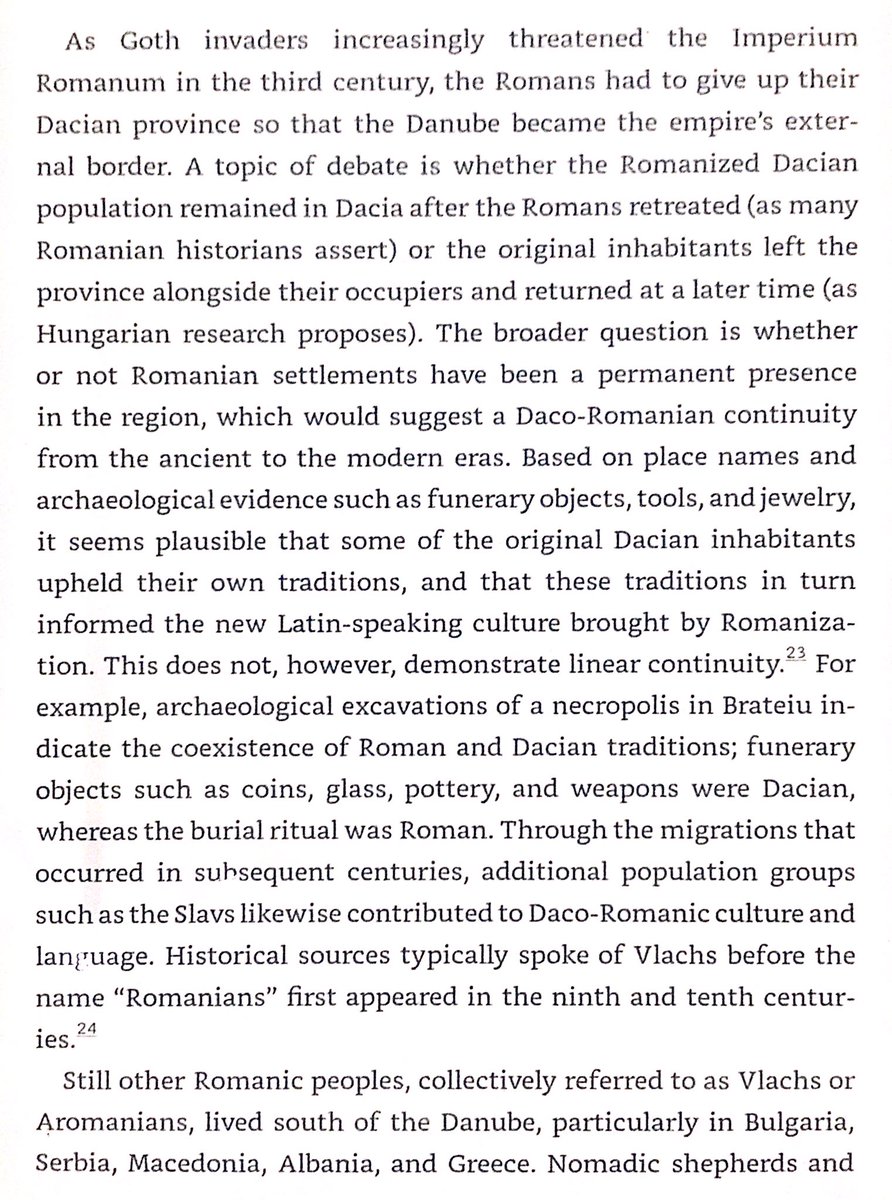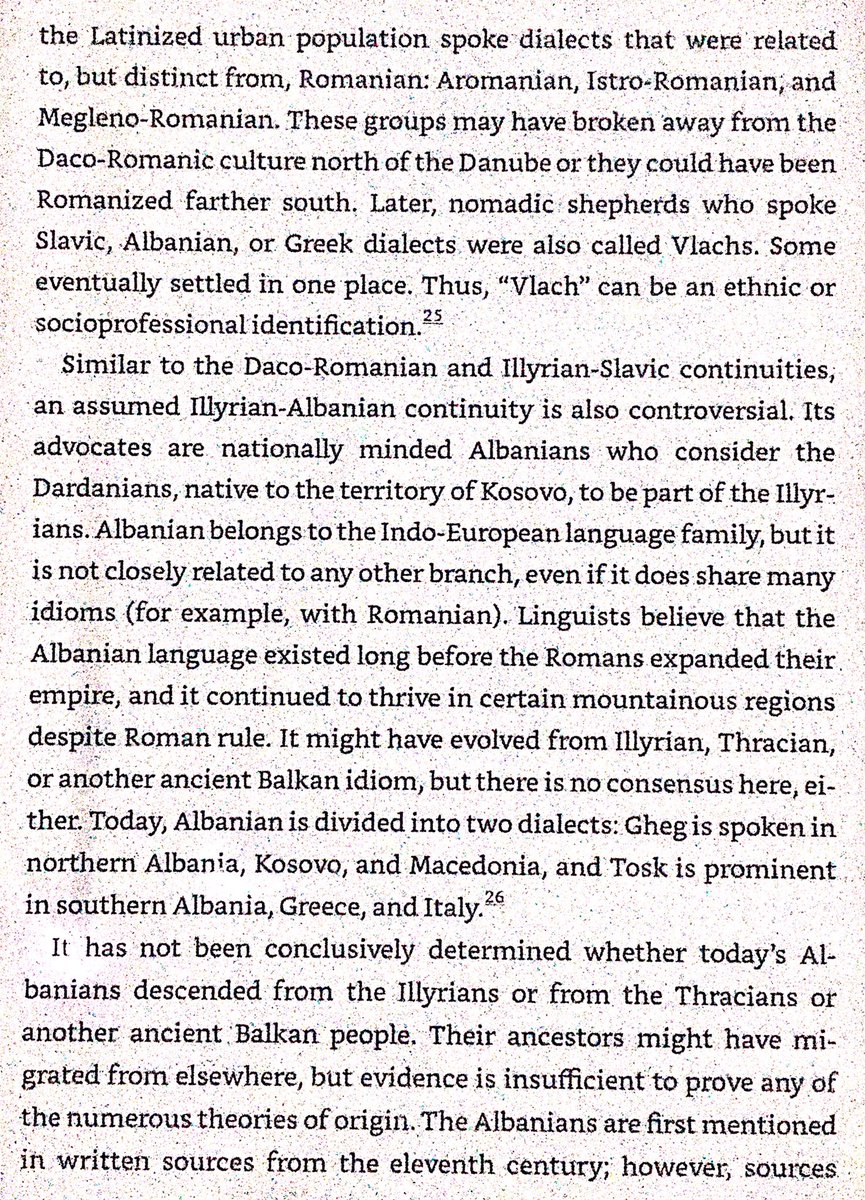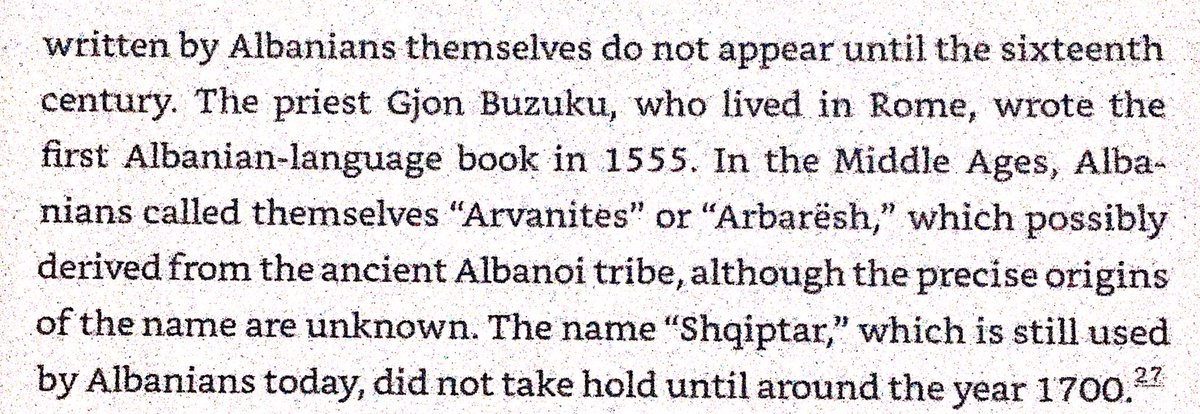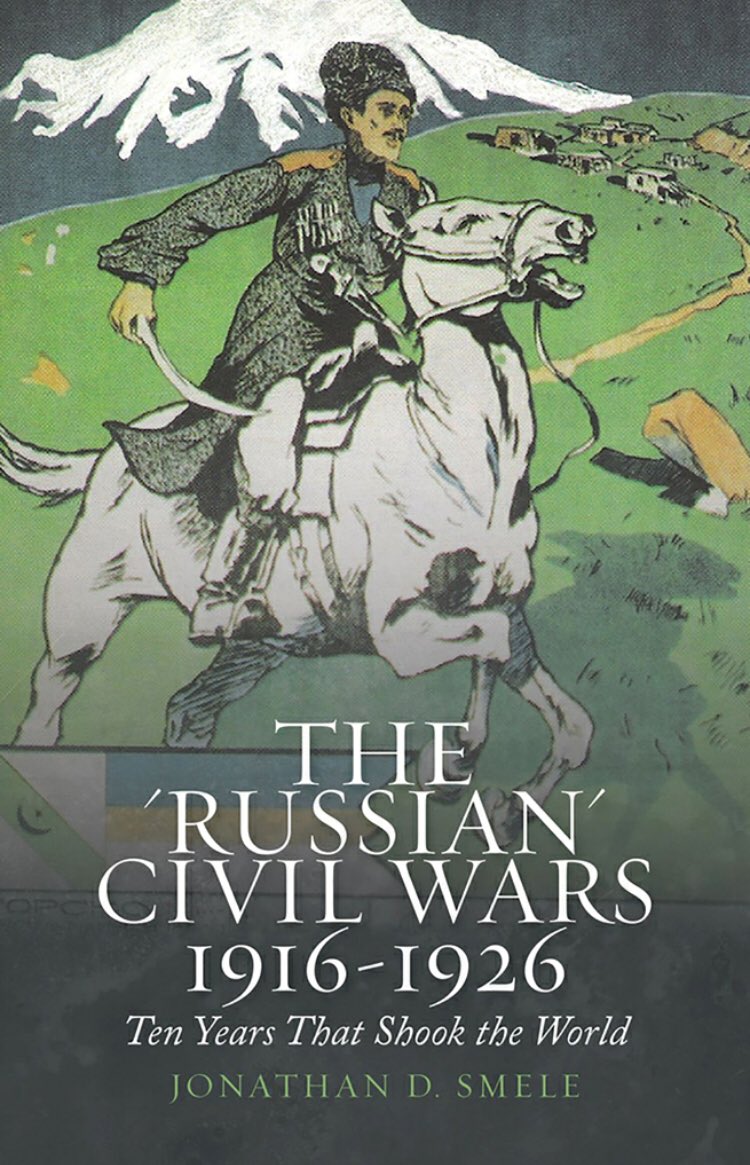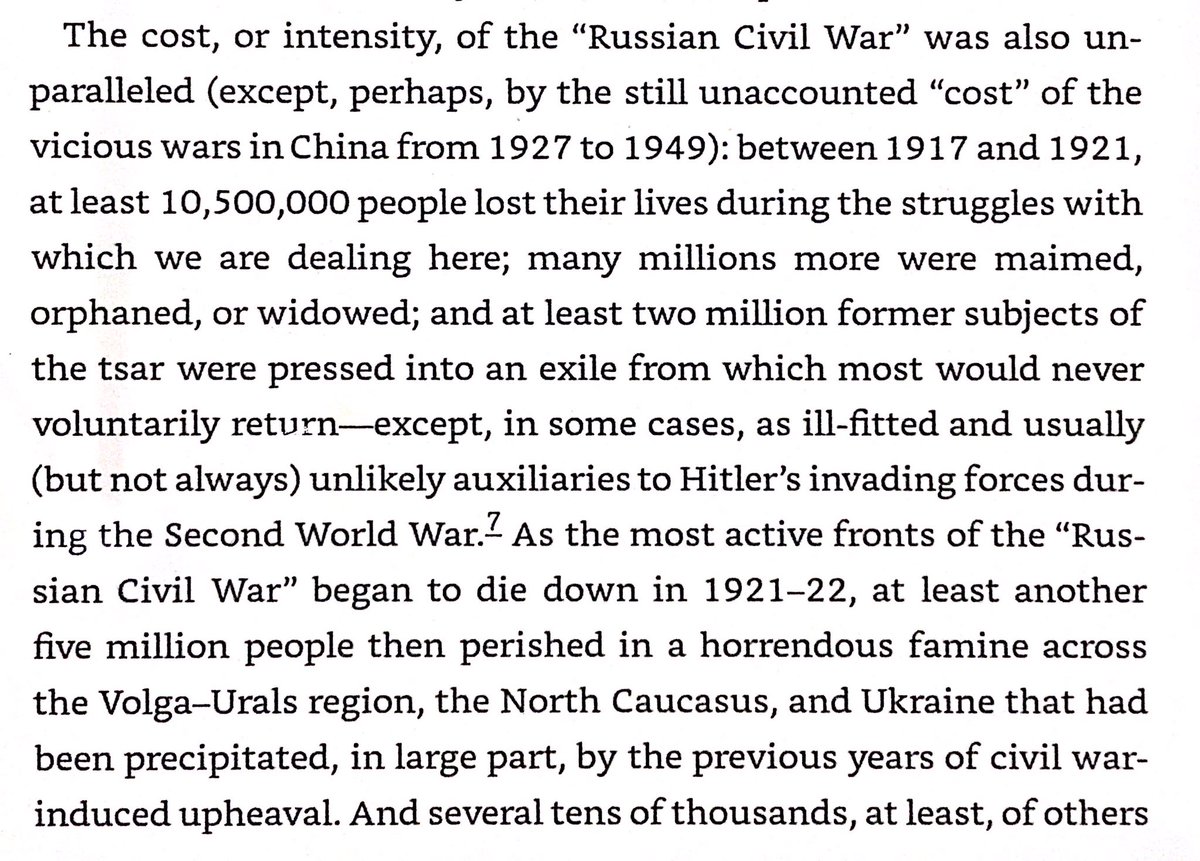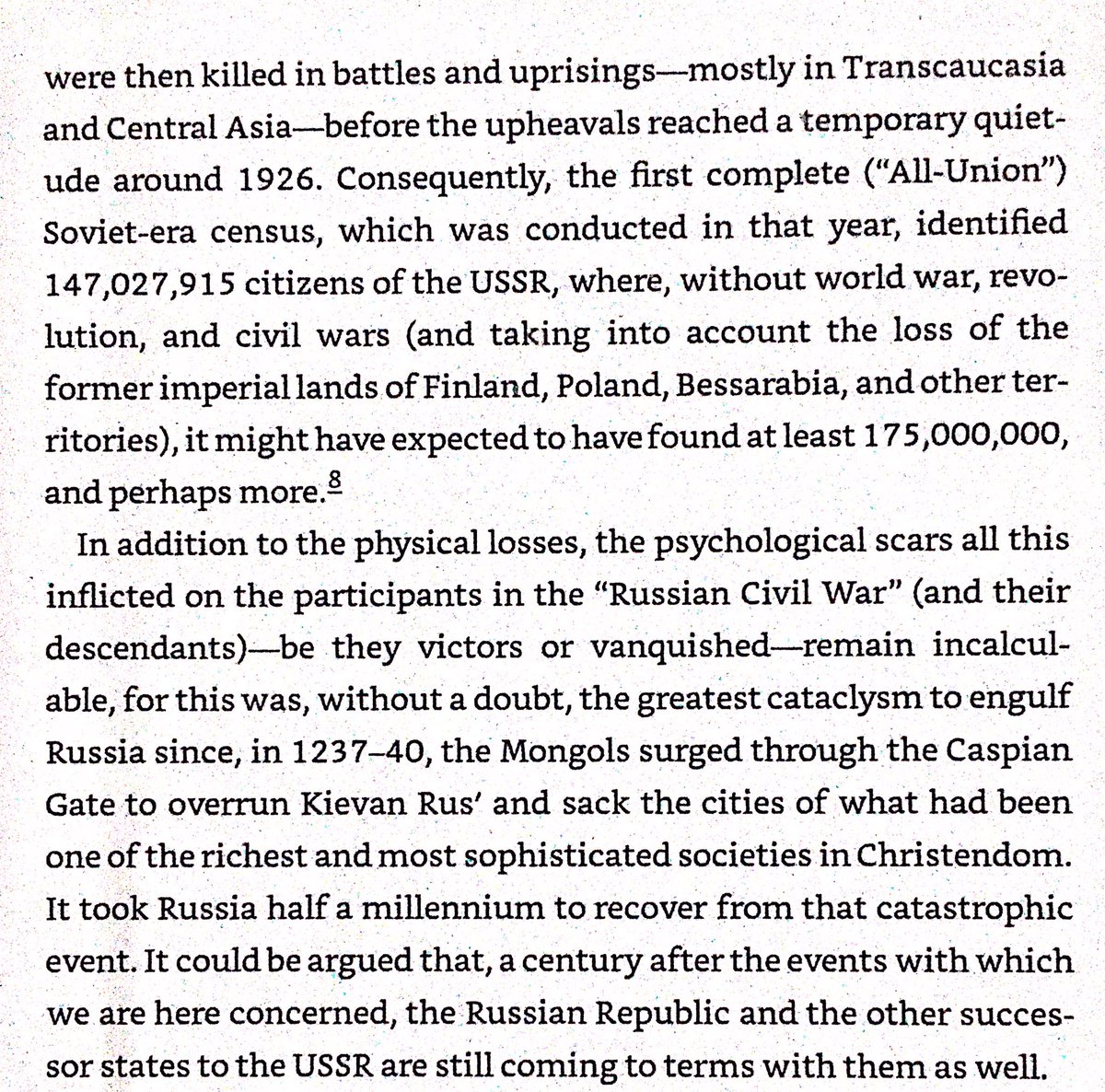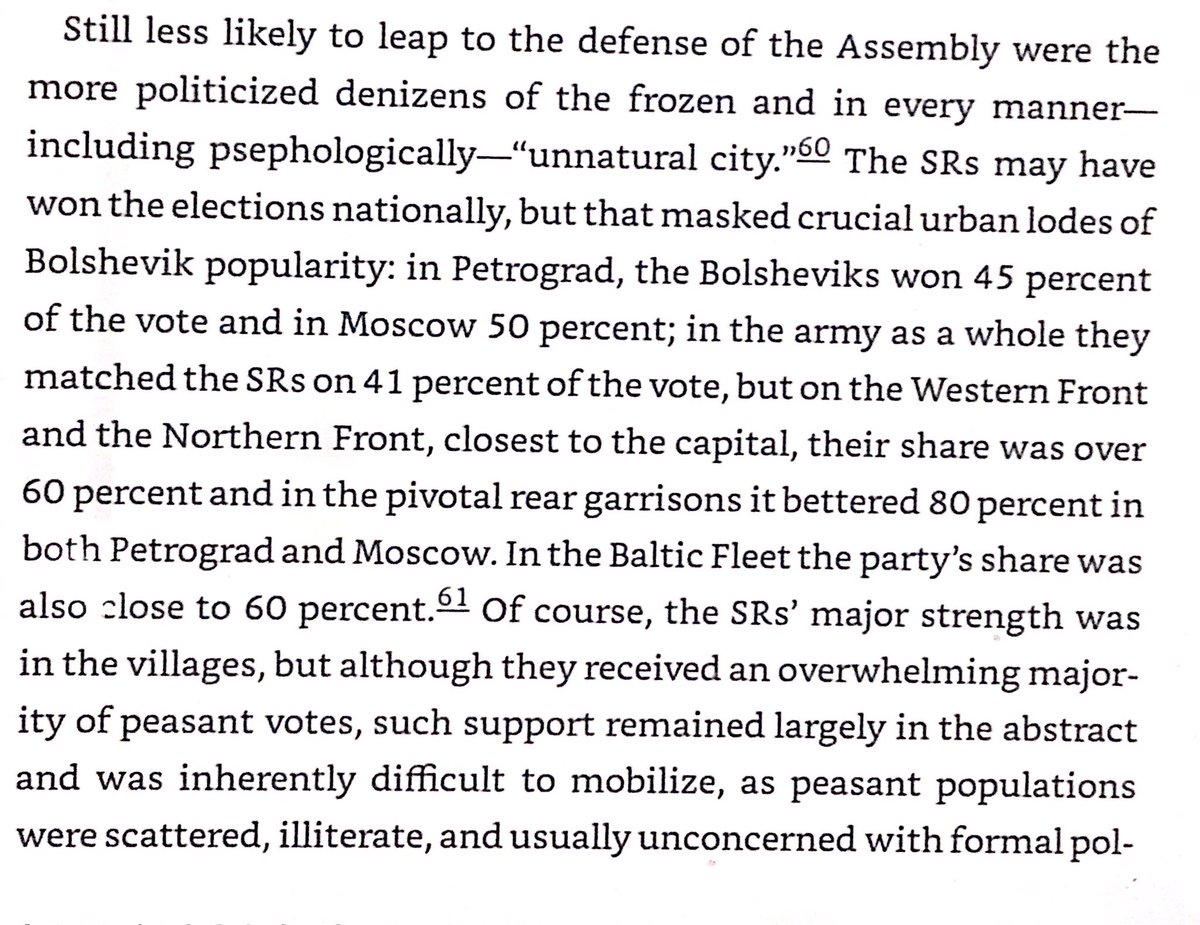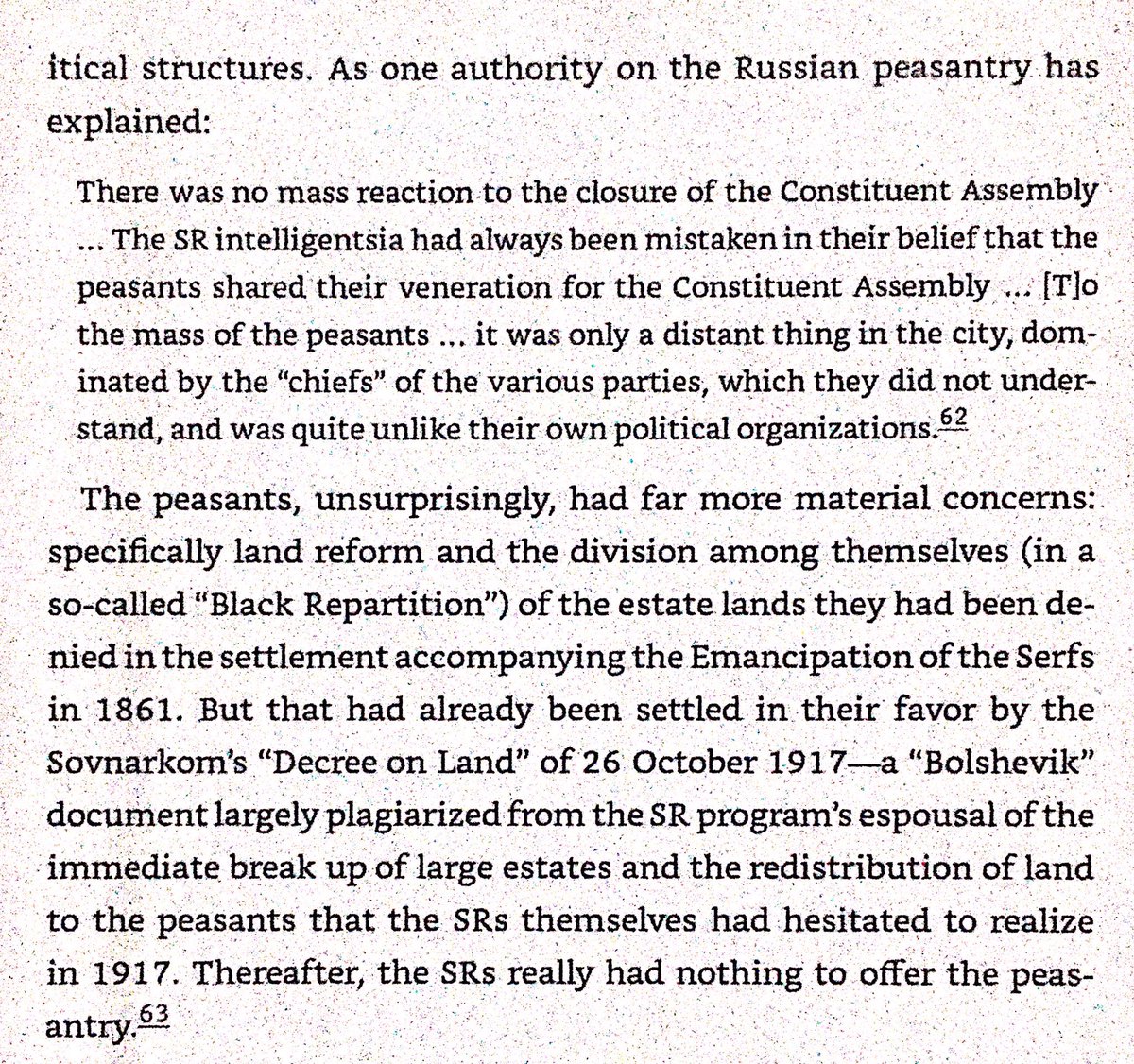
As bloody as the world wars were, they weren’t particularly bad by historical standards. The 17th century was uniquely bad for 2nd millennium AD, with Little Ice Age & glut of specie leading to state collapses & population decline across Eurasia.
Falls of Rome & Tang in 1st millennium were worse, but at least they were recorded. Records of the even worse Bronze Age Collapse around 1200 BC barely survived for some areas, & for other regions all we have are archaeological indications that they regressed to the stone age.
https://twitter.com/peter_nimitz/status/1299521388064026624
Further back in the 3rd millennium BC, an even worse series of catastrophes occurred - the Indo-European invasions - ending the Megalith Builder Civilization with their urban settlements & leaving much of Europe depopulated for 600 years.
https://twitter.com/peter_nimitz/status/1256763463537311746
By the time of their destruction the Megalith Builders themselves had been in a centuries long decline from their Golden Age in late 5th & early 4th millennium. Their great realms had likely disintegrated around 3500 BC into smaller chiefdoms engaging in endemic warfare.
https://twitter.com/peter_nimitz/status/1273491902134796289
The Megalith Builders themselves were the result of WHG chieftains overthrowing the decadent EEF chiefs like those of the Linear Ceramics around 4400 BC & subjugating an 1800 year old neolithic civilization. Possibly related to spread of copper-working.
https://twitter.com/peter_nimitz/status/1287489732205715456
The EEFs had settled Europe after the worst catastrophes following the Last Ice Age - the Storegga Slides. A continental shelf collapsed & resulting tsunamis drowned an entire landmass (Doggerland) while floods elsewhere in Europe devastated WHG communities.
https://twitter.com/peter_nimitz/status/1258293180723687424
The mother civilization collapsed around 8300 BC & only began to recover 800 years later.
https://twitter.com/peter_nimitz/status/1120563706293698560
There were probably civilizations before civilization that fell but never rose again.
https://twitter.com/Peter_Nimitz/status/1120321543270092800
While mankind does fall, stagnant, & decline - the trend in the long term is progress. Even our declines & falls are getting less worse with every cycle.
• • •
Missing some Tweet in this thread? You can try to
force a refresh

